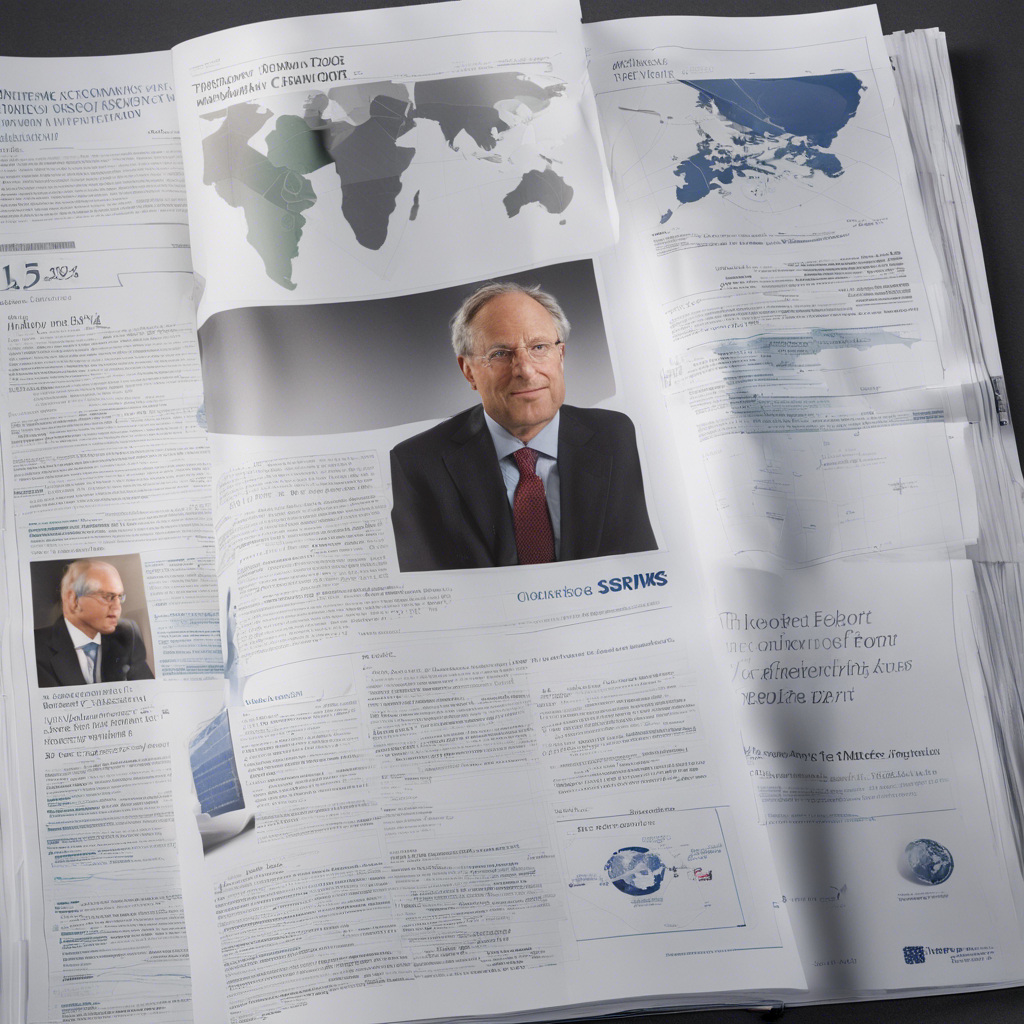The World Economic Forum’s Annual Report: A Reflection on the Past, Not the Future

The World Economic Forum’s report on extreme global risks often focuses on risks that have already occurred, highlighting the tendency to fight yesterday’s battles.
Each year, the World Economic Forum (WEF) compiles a report on extreme global risks, based on interviews and surveys with thought leaders from various fields. However, a closer look at these reports reveals a recurring pattern: the risks considered most urgent are often those that have already happened. This raises questions about the effectiveness of the report in predicting future risks and highlights the human tendency to focus on the past rather than the future.
The Cost of Living Crisis: A Case of Hindsight
In the January 2023 report, the WEF identified the “cost of living crisis” as the top risk for impact and severity over the subsequent two years. This concern stemmed from the high inflation rates experienced in the US, with CPI inflation reaching 8.0% over the previous 12 months. However, it was ironic that the report highlighted this risk at a time when inflation was already at its worst. The hindsight nature of this concern raises questions about the timeliness and effectiveness of the WEF’s risk assessment.
Recency Bias and the Davos Reports
The tendency to prioritize recent events over historical ones, known as recency bias, is a common cognitive bias that affects decision-making. The Davos reports are not immune to this bias, as they often elevate risks that have recently gained prominence. For example, in the wake of the Covid-19 pandemic, the 2021 report ranked “infectious diseases” as the top global risk, despite it being in 10th place in the previous year’s report. This pattern suggests that the WEF and its participants may be more reactive than proactive in identifying risks.
The Challenge of Market Timing
One of the challenges investors face is the difficulty of timing the market. The direction of the stock market is influenced by whether events unfold better or worse than expected. However, by the time the unexpected happens, the markets have already reacted, leaving individual investors at a disadvantage. This highlights the importance of having a well-thought-out financial plan in advance, rather than constantly reacting to market movements.
Overcoming Recency Bias Through Historical Analysis
To overcome recency bias, investors must become better students of history. Assuming that events from the past are just as likely to occur again as recent events can help avoid the trap of believing that “this time is different.” By considering historical trends and patterns, investors can gain a broader perspective and make more informed decisions.
Conclusion:
The World Economic Forum’s annual reports on extreme global risks have a tendency to focus on risks that have already occurred, reflecting the human tendency to fight yesterday’s battles. While the reports provide valuable insights into current concerns, they may not be as effective in predicting future risks. Overcoming recency bias and incorporating historical analysis into decision-making can help investors navigate the uncertainties of the stock market. Ultimately, being proactive and having a well-thought-out financial plan are crucial in avoiding reactive and potentially costly investment decisions.

